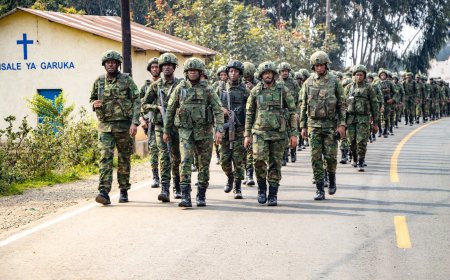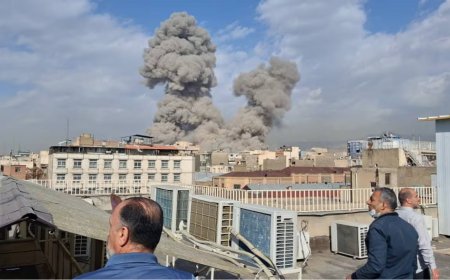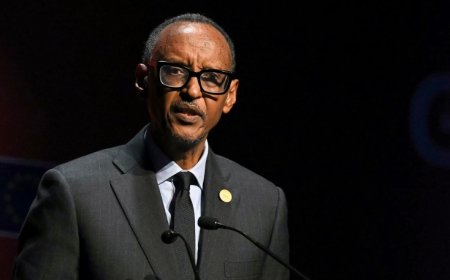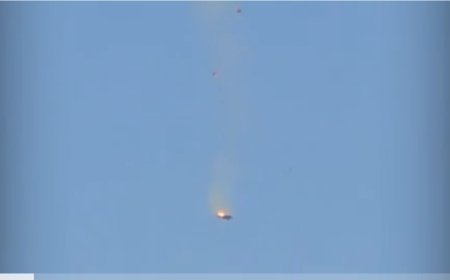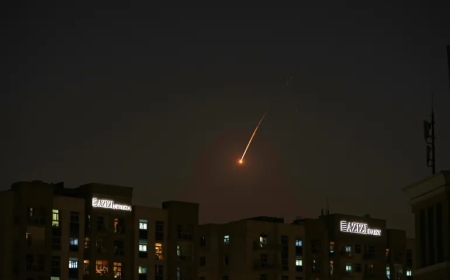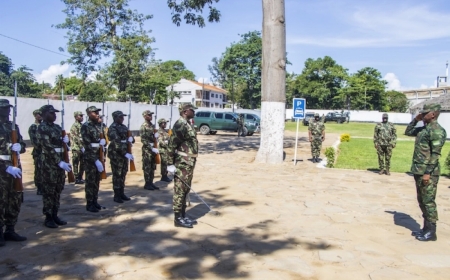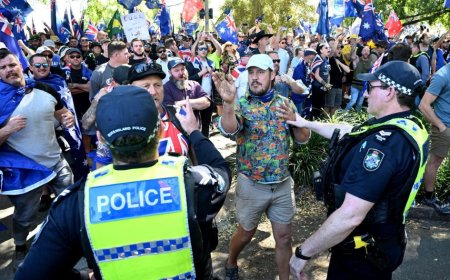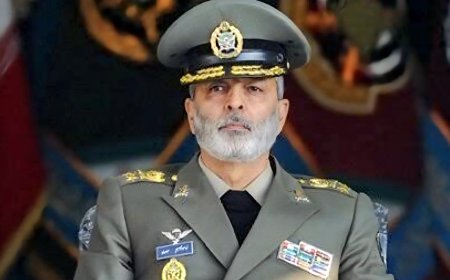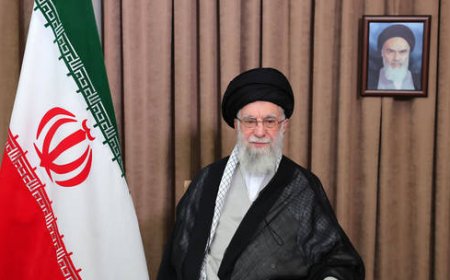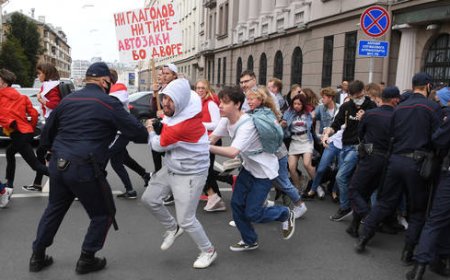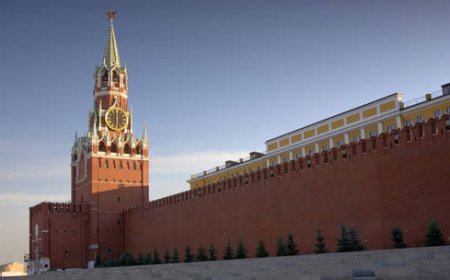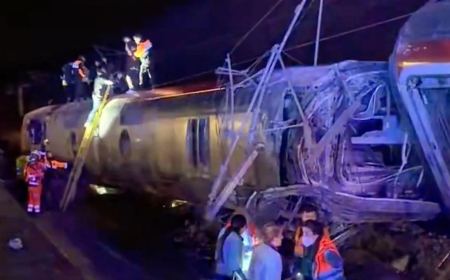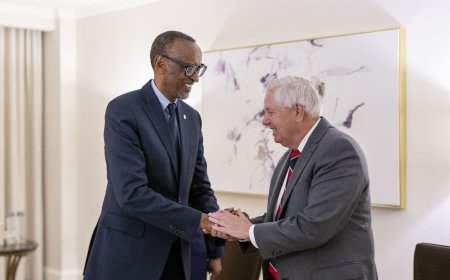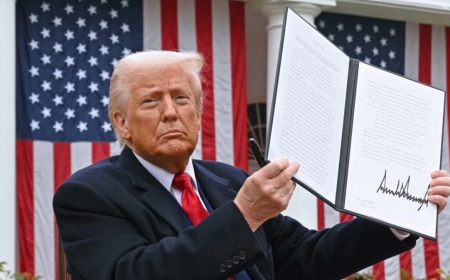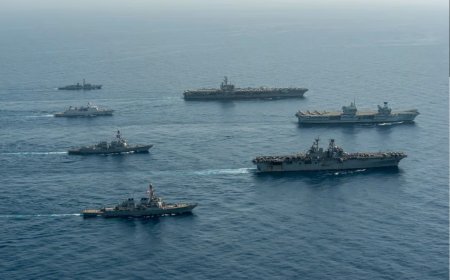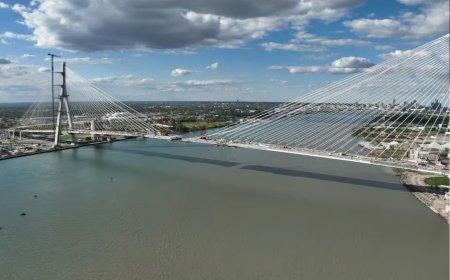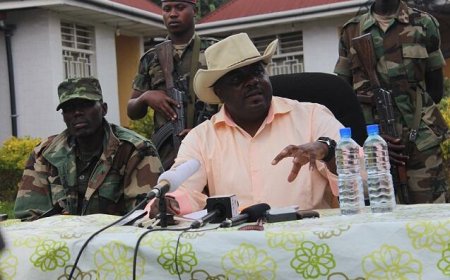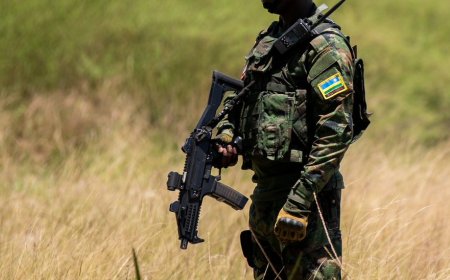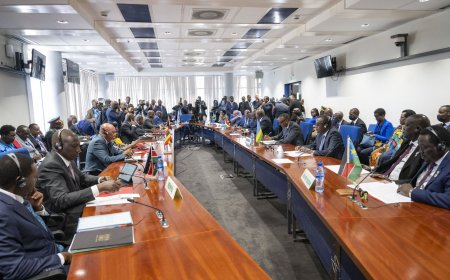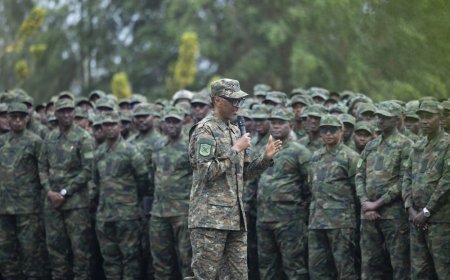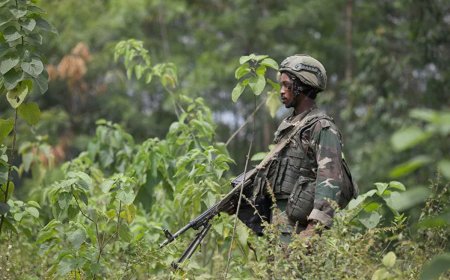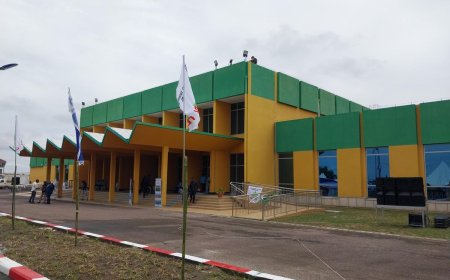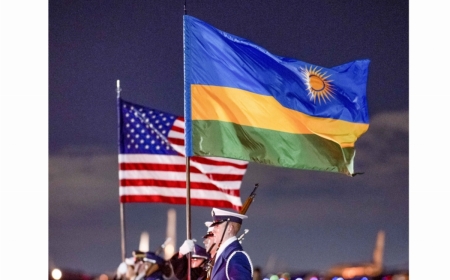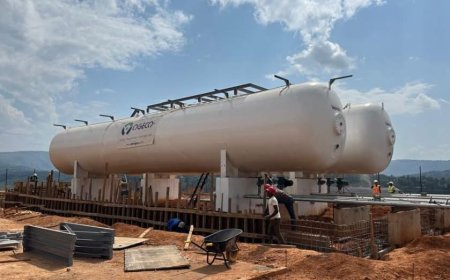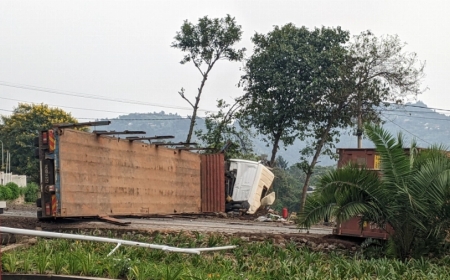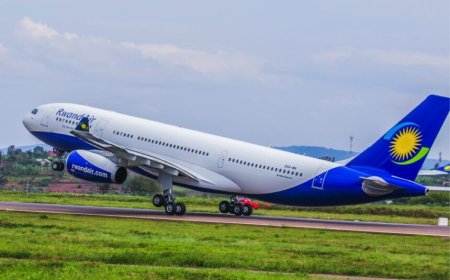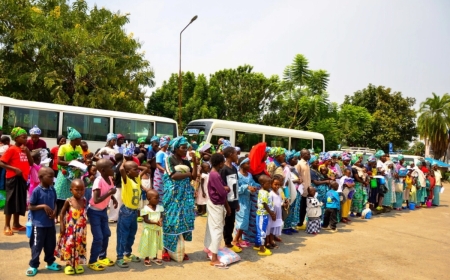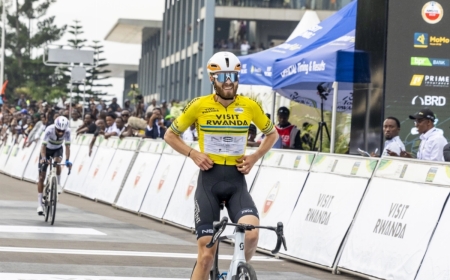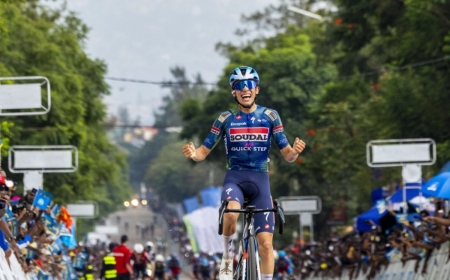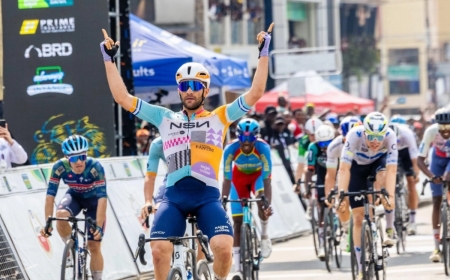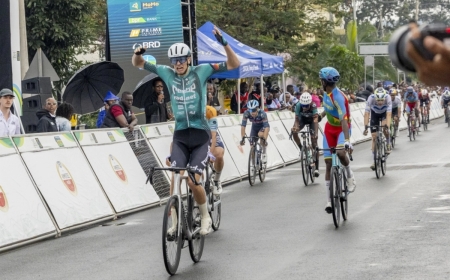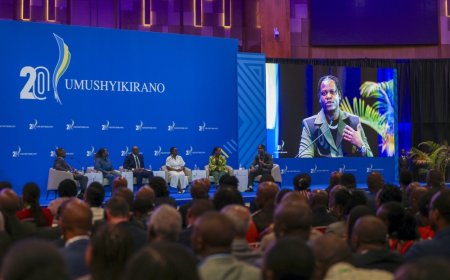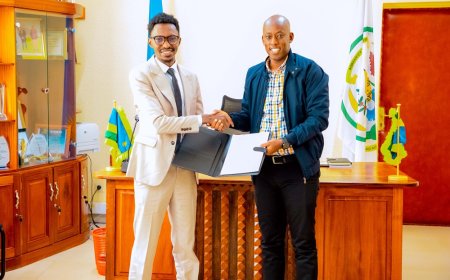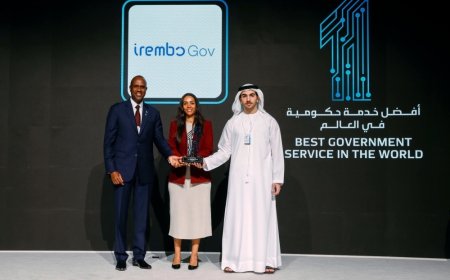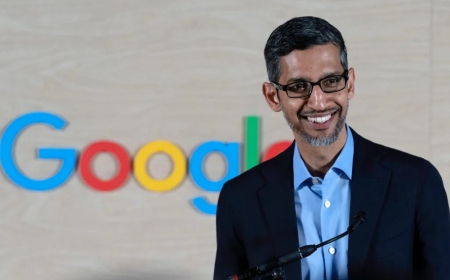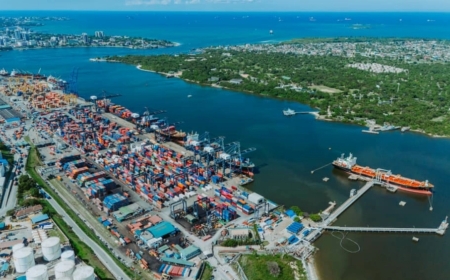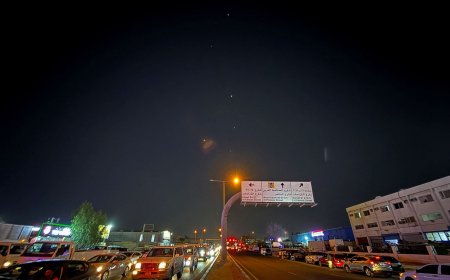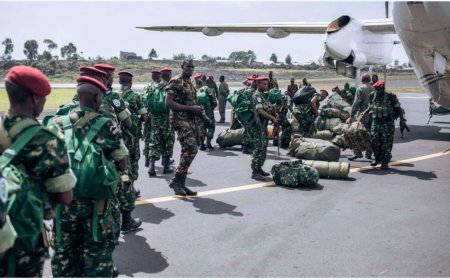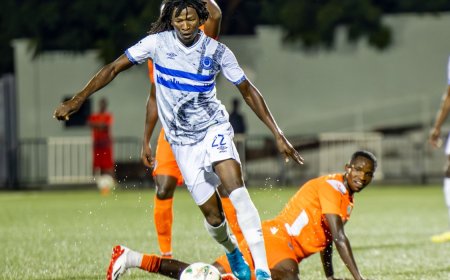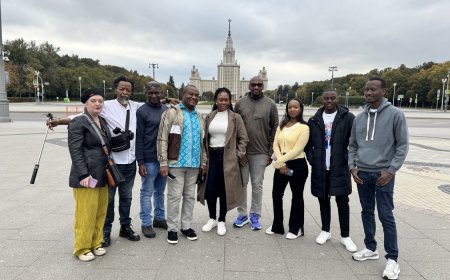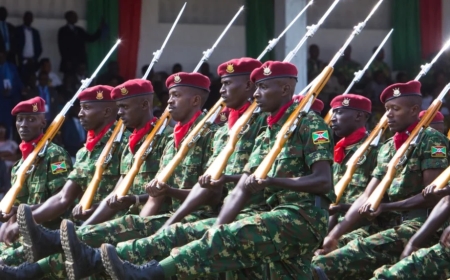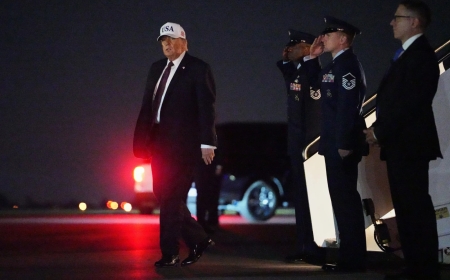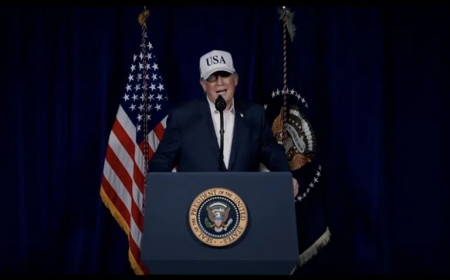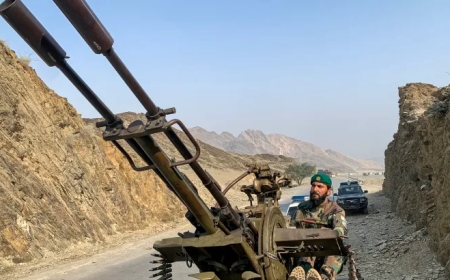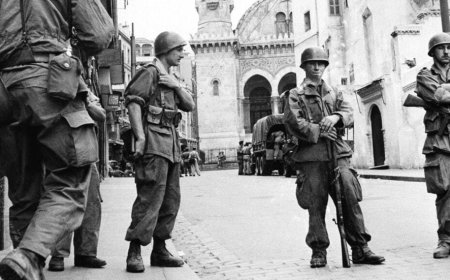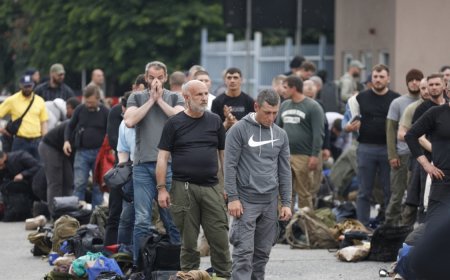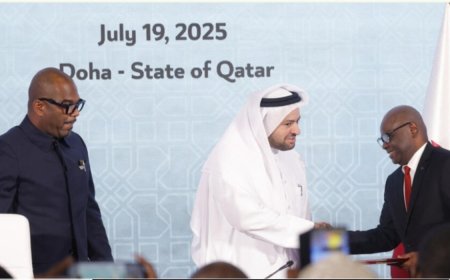Will Tshisekedi choose war over peace? The Doha talks face a critical test
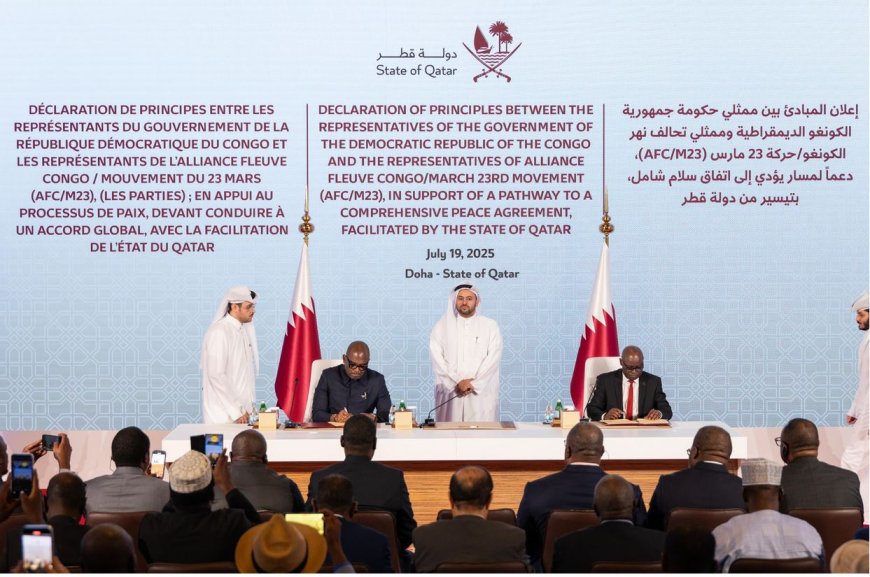
As the second phase of peace talks between the Democratic Republic of Congo (DRC) and AFC/M23 rebels approaches, on August 8, in Doha, Qatar, President Felix Tshisekedi appears to be backtracking. He has stalled progress on implementing the Declaration of Principles signed with the rebels on July 19.
Among the key provisions of the signed Declaration of Principles is the mutual release of prisoners and the establishment of a permanent ceasefire. Kinshasa has shown no commitment to implement any of them. No prisoners have been released. Congolese army coalition forces continued attacks on AFC/M23 positions, often using the notorious Wazalendo militia coalition as a proxy force.
Speaking at a press conference in Goma, the capital of North Kivu province, on July 25, Benjamin Mbonimpa, the permanent secretary and lead negotiator for AFC/M23, warned that the rebels will not return to the Doha peace talks unless Tshisekedi’s regime releases more than 700 of its detained members.
“What purpose would it serve to go back to Doha if our prisoners have not been released?” Mbonimpa asked.
The rebels released thousands of war prisoners, including more than 1,400 Congolese soldiers who were held in areas under AFC/M23 control, with the facilitation of the International Committee of the Red Cross (ICRC).
According to internet sources, around 3,000 European mercenaries and over 8,000 soldiers from the Southern African Development Community (SADC) mission in DRC (SAMIDRC) were also freed.
While the rebels show commitment to peace, Tshisekedi’s coalition forces and allies, including Burundian and Belgian armies, have intensified military operations against AFC/M23 in a bid to regain the rebel-controlled territories.
Since July 11, Congolese coalition forces have held a series of strategic meetings in Walikale, North Kivu, with the Kinshasa-backed FDLR terrorist group—formed by individuals responsible for the 1994 Genocide against the Tutsi in Rwanda—and Wazalendo. Sources say the discussions focused on planning renewed offensives against AFC/M23 to reclaim territories lost to the rebellion.
“The AFC/M23 is here to protect the people. If Kinshasa continues its attacks in territories under our control, we have every right to defend ourselves,” warned Mbonimpa. “We will push them back and ensure they are no longer in a position to cause harm.”
Concerns are mounting amid reports that Kinshasa continues its military preparations despite the ongoing Doha and Washington talks, casting doubt on Tshisekedi’s commitment to implementation of the peace agreement.
Tshisekedi’s continued reluctance to fully commit to the peace talks is raising serious concerns about the future of DRC and the region. Observers argue that Tshisekeidi should have noticed that it is the time for embracing a political solution, as his reliance on a military approach has only worsened the situation.
